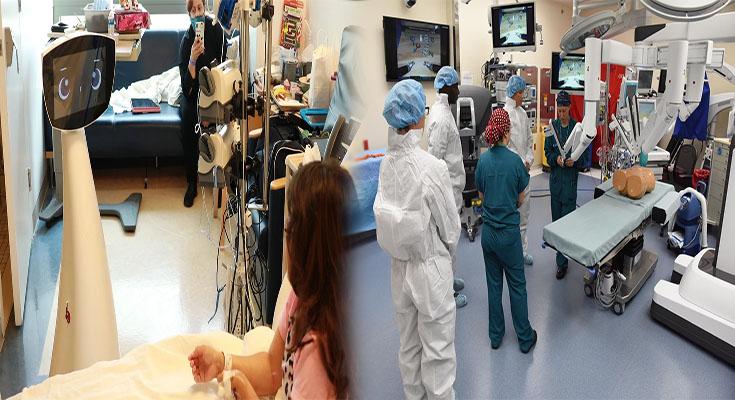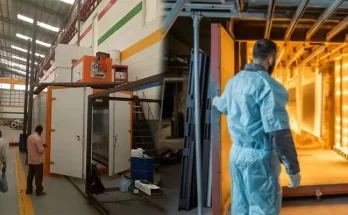In recent years, we have seen robots being used for many different purposes. From our smartphones to automated factories and even self-driving cars, robotics has become a part of our daily lives. Now it is turning its attention towards medical practice as well. In this article, I will be discussing why robotics will be used in medical practice and what kind of benefits it can provide us with.
Robots will help in medical practice
Robots will be used in the medical field. They can help in surgery, laboratory work, nursing care and remote surgery.
- Robots will be used in surgery.
They are helpful because they can do a lot of different tasks that a human cannot do. For example: if you have an operation on your knee or hip joint then you need to go through a lot of pain when it comes to healing process because it takes more time than normal which is why using robots would be useful here because they don’t feel anything so there won’t be any kind pain during recovery process which means less downtime for yourself as well as faster recovery rate
Robots Will Be Used In Surgery
Robots will be used in surgery to help with precision. The surgeon can control the robot’s movements, allowing him or her to perform complex operations with greater accuracy than would otherwise be possible.
Robots will be used in surgery for high risk procedures. For example, if a patient has an infection that could cause sepsis if the incision were made by hand, then it may be safer for the doctor to use an automated device instead of risking injury from human hands touching open wounds (or even just touching sterile gauze).
Robots will also make it easier for surgeons who are less experienced at performing certain procedures because they can rely on the robot’s precision rather than their own skillset when making incisions on patients’ bodies during surgery; this allows them more time learning other aspects of medicine while still allowing people access to quality healthcare services regardless of their location or socioeconomic status
Robots Will Help In The Laboratory
Robots will also be used in the laboratory. The process of analyzing data and diagnosing diseases can be made easier with the help of robots. These machines will be able to perform complex processes that would otherwise require a lot of time and effort from humans, thus saving them both money and energy. For example, robots can quickly examine blood samples for signs of disease without requiring any human intervention at all; this makes it possible for doctors’ offices around the world to have access to better health care services than ever before!
Robots’ usefulness doesn’t stop there though: they can also assist surgeons during operations by performing tasks such as holding instruments, removing waste products from inside patients’ bodies after surgery has been completed (such as broken bones) while still allowing surgeons themselves maximum control over what happens during an operation so that they don’t needlessly risk harming their patient’s health by making mistakes due
Robots Will Help In Nursing Care
Robots will be used in nursing care. It is possible that the robots will help with lifting patients and moving them from one place to another, as well as cleaning them and feeding them.
Robots Will Help In Remote Surgery
Robotic surgery is a type of telepresence, where a doctor performs surgical procedures on patients while they are in a different location. It allows doctors to operate on people from hundreds or even thousands of miles away.
Robots have been used for remote surgery since 1997 when Dr. William Longmire performed an operation on a patient who was located across the country in New York City at Columbia Presbyterian Hospital. The robotic system used by Dr. Longmire included two cameras and two robotic arms that controlled instruments such as forceps and scalpels during surgery.
Robotics and the medical field can be a very useful combination.
Robotics and the medical field can be a very useful combination. In many areas of medical practice, robots can help to reduce errors and increase efficiency.
For example, in surgery robots are used to assist doctors by performing tasks that would otherwise be difficult for them to achieve. This includes delicate procedures such as brain surgery or eye surgery where even slight movements could damage sensitive tissue.
Robots are also used for laboratory work such as testing samples for diseases or other conditions that require high precision measurements (e.g., diagnosing cancer). They do this by using special equipment like microscopes and x-ray machines which would be too difficult or dangerous for humans to operate themselves but easy enough for machines like robots to handle safely without making any mistakes along the way!
The use of robotics in the medical field is not new, but it has become more popular recently. The way that doctors and nurses can use robots to help them with their work is amazing and will hopefully lead to better health care for all people around the world.





